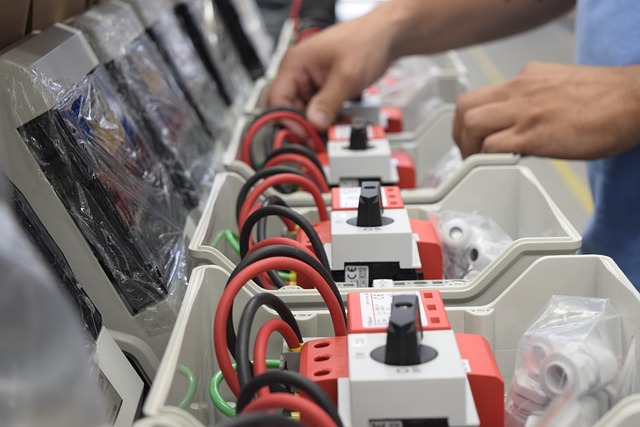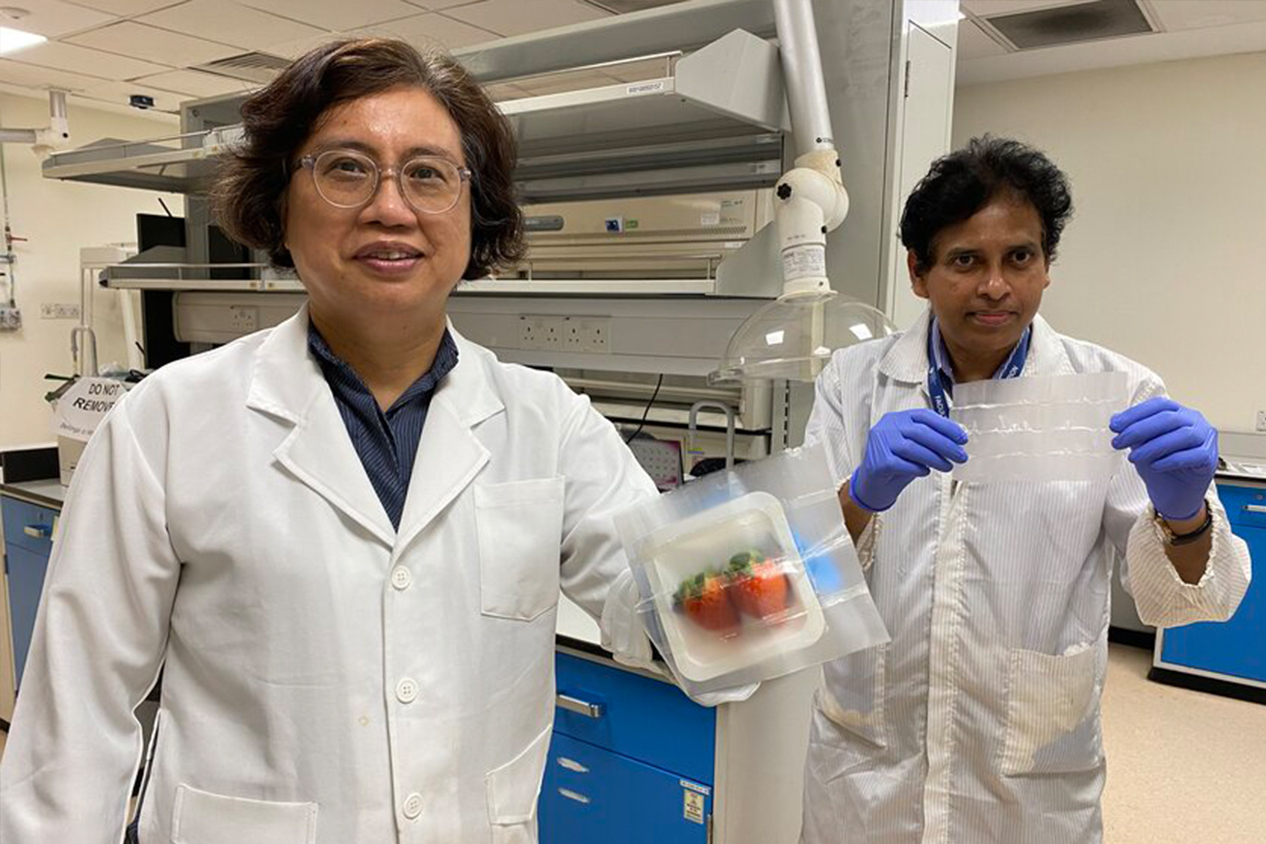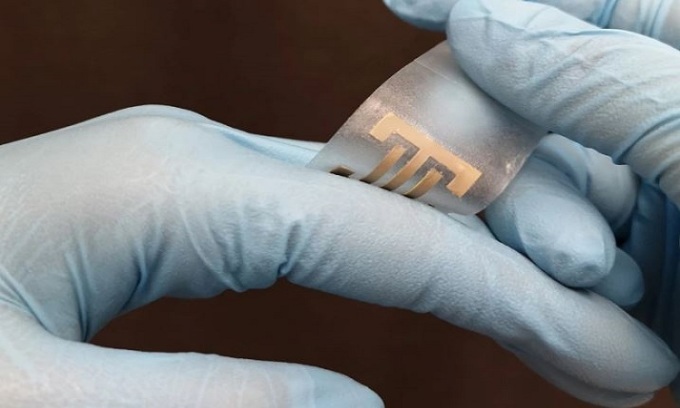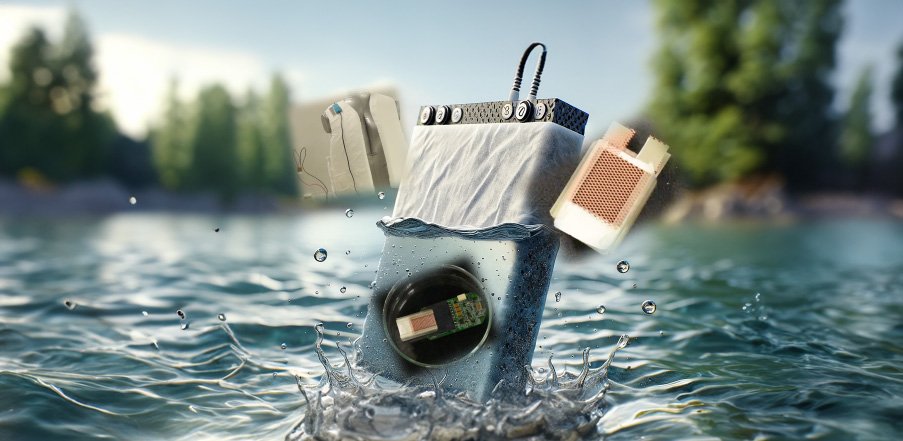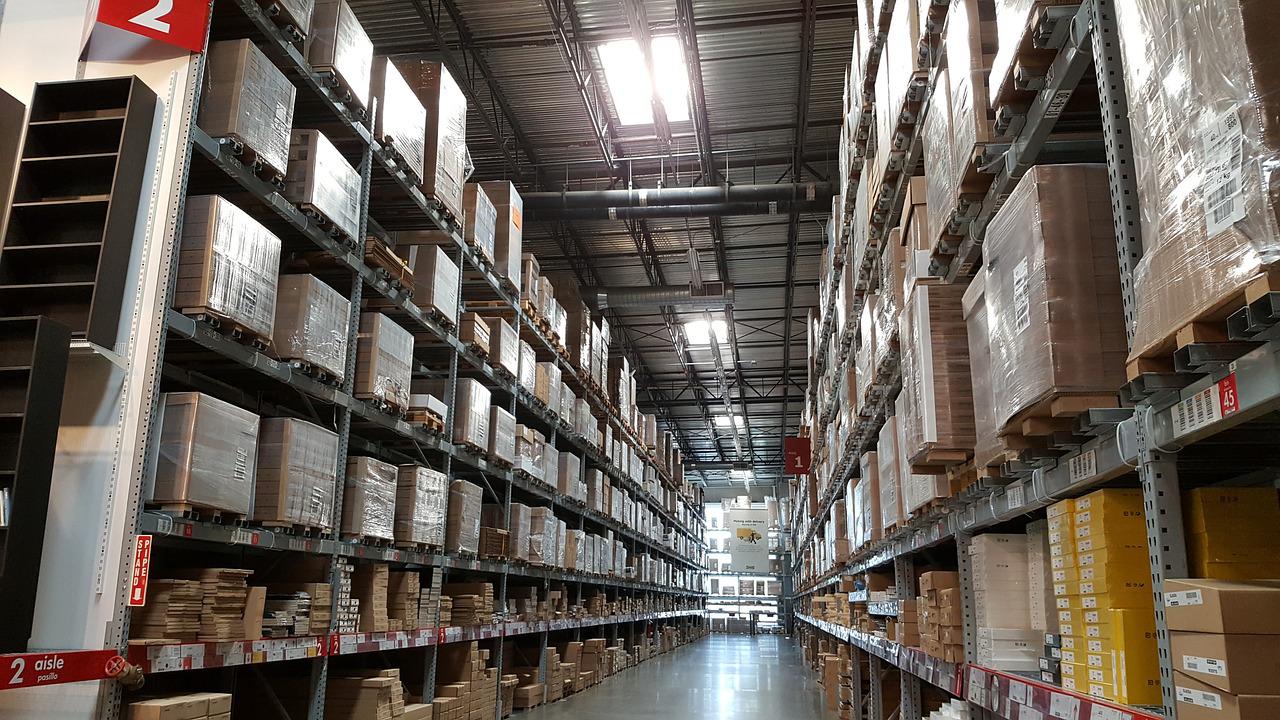When it comes to choosing a junction box for your electrical needs, understanding IP (Ingress Protection) ratings is crucial. These codes provide key information about a box’s ability to resist intrusion from solids and liquids, affecting the safety and longevity of your electrical components. This blog will serve as a helpful guide, navigating you through the often confusing sea of IP ratings, and enabling you to make an informed decision for your next junction box purchase.
IP Ratings for Water Resistance
The second digit in the IP rating represents water resistance. This number ranges from 0 (no protection against water) to 8 (can be continuously submerged in water under conditions specified by the manufacturer). For example, if a junction box has an ip68 waterproof rating, it can withstand being submerged in water for extended periods without sustaining damage. Understanding this number is essential for determining the level of protection needed for your specific application.
Dust and Solid Object Protection
The first digit in the IP rating signifies the junction box’s protection against solids, including dust. This number ranges from 0 (no protection against solid objects and dust) to 6 (complete protection against dust and other solid objects). So, a junction box with an IP68 rating is fully dust-tight and can keep out minute particles that could potentially harm the electrical components inside. Therefore, when choosing a junction box for environments with high dust levels, such as manufacturing or construction sites, it’s important to opt for ones with higher first-digit IP ratings. This ensures the longevity of your electrical components and maintains safety standards.
Outdoor Applications of Junction Boxes
When using junction boxes in outdoor applications, considerations of both dust and water IP ratings become paramount. In these scenarios, boxes with high IP ratings, such as IP67 or IP68, are recommended because they provide a robust shield against both solid particles, like dust and dirt, and water, including rain and snow.
These junction boxes can withstand harsh weather conditions, protecting the electrical components within them from damage and ensuring their longevity. For instance, applications like outdoor lighting systems, security camera installations, and electric vehicle charging stations often make use of these highly rated boxes. Understanding the IP ratings and selecting an appropriate junction box is hence crucial to the successful operation of these outdoor electrical systems.
Indoor Considerations for Junction Boxes
For indoor applications, the necessity for high IP ratings may not be as stringent as in outdoor environments. However, certain indoor environments might still present challenges that require careful consideration of IP ratings. For example, in industrial settings, where exposure to dust, debris, or water splashes is likely, a junction box with a higher IP rating would still be necessary. IP-rated boxes are also essential in areas that require regular cleaning, such as food processing plants or healthcare facilities, where water and cleaning agents can potentially damage electrical components.
On the other hand, in a residential or office setting, where exposure to dust and water is minimal, a junction box with a lower IP rating may suffice. In these scenarios, the focus might instead shift towards other factors such as ease of installation, cost, and aesthetics while selecting the appropriate junction box. Regardless of the environment, understanding IP ratings remains a critical factor in selecting the appropriate junction box for ensuring the safety and durability of electrical systems.
Chemical Resistance in Junction Boxes
Apart from dust and water resistance, the chemical resistance of a junction box is another crucial consideration, particularly in industrial applications where the box might be exposed to various chemicals in the environment. The chemical resistance of a junction box is determined by the materials used in its construction.
For instance, junction boxes made from materials like polycarbonate or stainless steel generally offer excellent resistance to a wide range of chemicals, making them ideal for use in industries such as petrochemicals, pharmaceuticals, and food processing plants.
It’s essential to understand the specific chemical environment in which the junction box will be employed and to ensure that the material of the box is capable of withstanding exposure to these chemicals without degradation. This consideration further emphasizes the need for a comprehensive understanding of all factors influencing junction box selection, including IP ratings and chemical resistance, to ensure the safety, durability, and longevity of your electrical systems.
In conclusion, IP ratings are crucial in navigating the selection process for junction boxes, providing key information about water and dust resistance. These ratings play a significant role in determining the level of protection required for your specific application, be it indoors or outdoors. Additionally, considering factors like chemical resistance further adds to the complexity of selecting the right junction box. By understanding these ratings and their implications, you can make an informed decision that ensures the safety and longevity of your electrical components.

